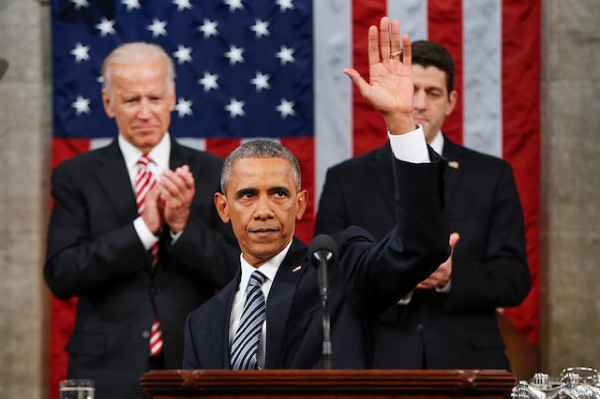
One Arkansas hospital is experiencing such a severe nursing shortage that it is now offering signing bonuses of $25,000 in a bid to attract new nurses.
The University of Arkansas for Medical Sciences (UAMS) health system currently has 360 healthcare vacancies, 230 of which are for nurses. The hospital system is 50 percent short in its nursing workforce at the moment as the state continues to get hit hard by COVID-19. In mid-July, cases in the state rose tenfold while the state reported having just 25 open hospital beds.
Staff at the hospital is understandably overwhelmed, and morale is so low that some have been walking out on the job because of the pressure. Many patients are dying, and pandemic restrictions mean that nurses are often the ones who need to comfort patients during their final moments as their family members cannot be present. This is something that could take a significant toll on their mental health.
The bonus is being offered to nurses who have at least one year of experience working in critical care environments. They must also be willing to work in 24/7 COVID and ICU units. The hospital had been offering signing bonuses of $12,500 since March, but it apparently was not enough to get staffing levels back up.
The funds will be paid out throughout the course of three years. Nurses must remain with the health care system during that time period if they want to keep the money. They will have to return the part of the bonus that was already paid if they leave the job before their three years are up.
In addition, nurses are being offered bonuses of $18,000 to refer another nurse to the hospital, and this will also be paid across three years. Meanwhile, those nurses who recently began working will be given a $10,000 retention bonus.
Exhaustion, heartbreak and vaccine mandates impacting nurses
However, many nurses say that their health and well-being outweigh any financial incentives, and no amount of money can convince them to return to the job. Others have described the frustration, exhaustion and heartbreak of working as a nurse in the COVID-19 era.
UAMS nurse Takela Gardner has had a trial by fire, with the pandemic breaking out just eight months into her nursing career. She told CNN: “I've had moments where I've sat in my car and cried before I came to work, before I came in. I've.. literally just sat there and cried because I didn't know what I was coming into.”
Arkansas is experiencing one of the worst summer outbreaks in the nation, with cases rising from around 200 per day in mid-July to nearly 2,000 on August 1. Although cases had dropped to 1,627 per day by August 5, it is still a dire situation with just a handful of ICU beds available in the state.
Metropolitan Emergency Medical Services Executive Director Greg Thompson explained how his company’s ambulances have been serving in some cases as temporary hospital rooms as calls continue to rise steadily. He noted: “There's times when we get into the ER and there's just not a bed, so we'll just have to hold the patient on our bed against the wall, waiting on something to clear up so that they can get them off.”
It is not known to what extent the nursing shortage can be attributed to vaccine mandates at various hospitals, but healthcare workers across the country, including nurses, have expressed concerns about such mandates. In Kentucky, for example, nearly a thousand people protested vaccine mandates for staff at St. Elizabeth’s Hospital in Edgewood, with one nurse telling the media that nurses are tough and want to help people but do not want to lose their freedom while doing it.
Sources for this article include:
Please contact us for more information.




















